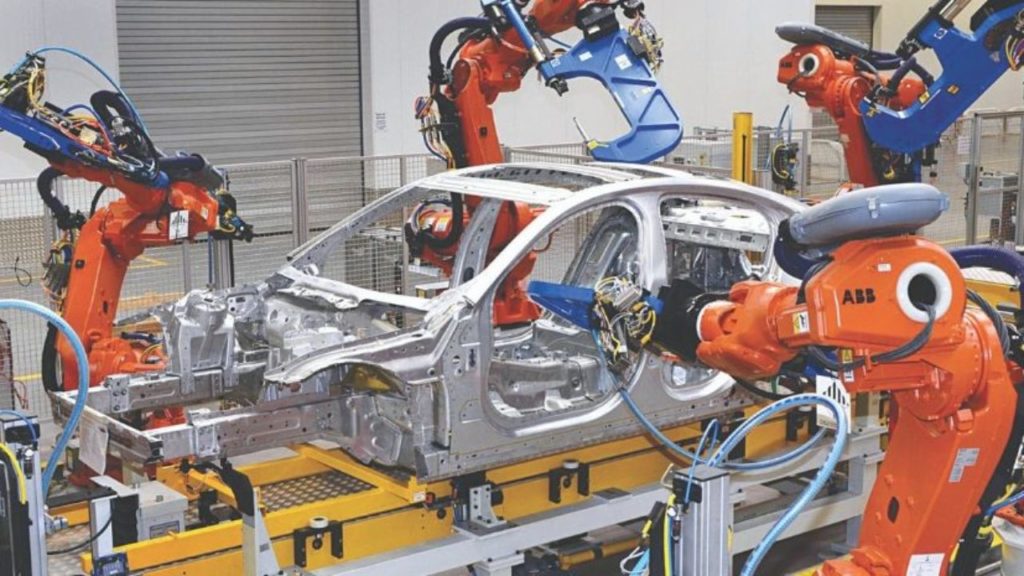Maruti’s Biggest Green Push: All Maruti Cars Will Be Ethanol-Compatible By 2023!

Maruti Suzuki, India’s largest car manufacturer, has announced that it will be turning its entire lineup E20 compliant by April 2023.
For those unfamiliar with the term, E20 is an ethanol blend of 20 percent with 80 percent petrol.
Maruti Suzuki To Get Entire Line-up To Run On E20
This means that flex fuel will now be MSIL’s third option on offer, and this will be introduced by the company soon. Maruti has also confirmed that engine tuning will also be achieved at the same time.
An engine running on flex fuel is able to operate on either standalone or blend fuel. As of now, cars are able to adapt to 5 to 10 percent ethanol blend with the current engine settings.
Compliant engine materials need to be used by manufacturers and modifications are required to be made to specific things such as components, compression ratios, and fuel pump.
MSIL has also promised that the shift to E20 will not increase the prices by much, only by a small margin.
Are E20 Operated Cars Beneficial?
The government is reportedly planning to reduce the taxes on blended fuels, which is important as the fuel economy is expected to drop by a considerable amount. However, as ethanol is locally made from raw materials, any difficulties related to import will be avoided, therefore making the prices lower than petrol.
As we had recently reported, Gadkari proposed introducing flex-fuel engines, which can run on ethanol-blended gasoline.
The deadline for achieving a 20% ethanol-to-petrol blend has already been set by the government. Vehicles with flex engines allow consumers to choose between running the vehicle on 100% petrol or 100% bio-ethanol.
“The technology is readily available, and it is just a matter of time to take that leap which will transform the transport landscape of India forever,” he added.
Green-Hydrogen: Fuel Of The Future!
Gadkari stressed about the hydrogen fuel cell vehicles and said that his ministry is exploring its prospects.
He also specified that there is a need to develop low-cost indigenous battery technologies as customers are now looking forward to electric vehicles, so carmakers should roll out more suitable options.
“Green-hydrogen is the fuel for the future. We need to find appropriate technologies for its generation, transportation and storage,” he said.
“Development of charging infrastructure is very important for EV adoption,” he said.

Comments are closed, but trackbacks and pingbacks are open.